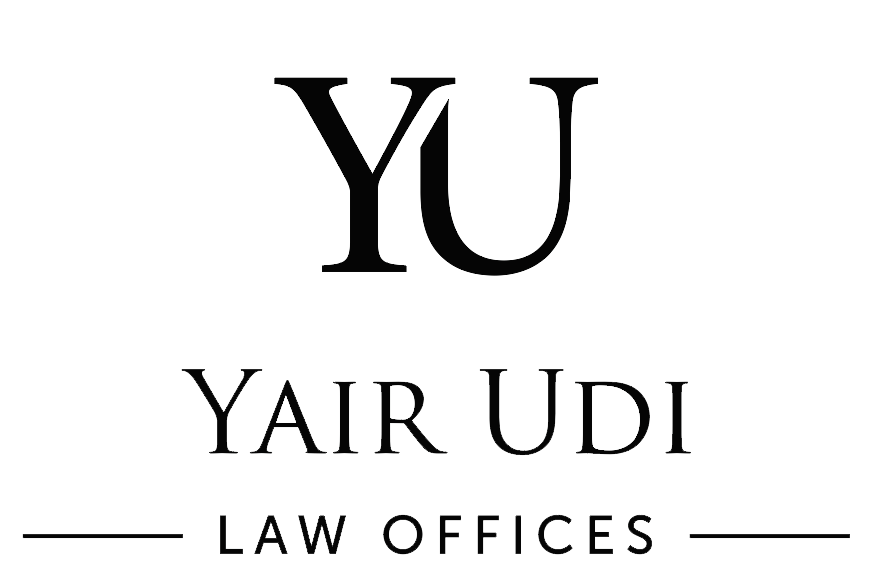Directors and Officers Indemnification Agreements intend to cover liabilities the covered persons may suffer as a result or in connection with their decisions and actions, as directors or officers of a company.
Directors and Officers in a company are responsible for performing certain duties, and acting in a way that favors the company over their or others’ interest. While performing these duties and fulfilling their position, stockholders and sometimes even third parties may have claims against them, and may even commence in legal proceedings for alleged or actual wrongful acts. To save the directors and officers from personal liability, so that they can perform their duties without any fear of becoming liable for actions performed in good faith, companies would usually be able to offer a D&O insurance policy coverage, and D&O indemnification agreement.
In most jurisdictions, the D&O insurance policy caters to specific circumstances and offers limited protection, while a D&O indemnification agreement would usually cover potential liability more comprehensively. In this context, an indemnification agreement is a contract between the director or officer and a company, underlining the protection granted by the company against any liability arising from actions or omissions of the covered director or officer, carried out in good faith.
An indemnification agreement works as a front-line defender for corporate officials, being a statutory requirement and embodied in company by-laws. It does not replace the D&O insurance policy, which is provided by a third-party independent insurer, but rather complementary to it.
Generally, and indemnification agreement provides defense expenses, saves directors and officers from any harm, loss, or damage, and reimburses the corporate officials for any loss incurred when acting in a capacity of the director or officer of the company. The protection and incentives in this agreement are provided even if they are being investigated, accused of wrongdoing, or called as a witness in a lawsuit. Unlike D&O insurance, which is limited by liability and has more narrowed scope, D&O indemnification agreement could provide for an unlimited coverage, unless the company’s financial status constrains it. Indemnification can be very broad; it can extend to the maximum limits allowed by the law, and its terms and conditions are less prone to change.
In some jurisdictions, indemnification is comprised of two parts; a mandatory part and a permissive part. In the mandatory part, companies are compelled to offer an indemnification agreement for their directors and officers, while in the permissive part, they have an option to do so. For example, the Delaware indemnification statute, a corporation is mandatorily required to indemnify its directors and officers for attorney fees in cases where the corporate officials successfully show the merits; otherwise, such officials must be permissively indemnified. However, California’s indemnification statutes only provide mandatory indemnification if a corporate official holds the merit.
Another example is Israel, where indemnification is usually permissive and not mandatory, and for a company to have the option to indemnify its directors and officers, it first must have certain indemnity provisions injected into its articles of association and approved by the shareholders. Ordinarily, in a third-party claim, a director or officer becomes eligible for indemnification if he or she proves that; the action taken in the official capacity was in good faith, the action taken in good faith was taken under the assumption that it serves the best interest of the company, and the director or officer has reasonable cause to show that he or she did not know that the action was prohibited.
Why add an agreement when the bylaws of a company include certain indemnification provisions?
Generally speaking, US corporation’s bylaws may include indemnification provisions for directors and officers. However, general provisions usually lack significantly, when it comes to details like, for how many days the company provides legal costs, how much it will provide, and on what specific grounds, matters both the indemnitee and indemnitor would find appropriate to regulate. Moreover, details like the determination of the intent of the director and officer, and the grounds for good faith, are all specifics that can be discussed in an indemnification agreement.
Companies also try to lure in directors and officers for directors’ and officers’ insurance policies, but these do not cover the liabilities offered by indemnification agreements, as discussed above. An insurance is usually made with a third party, so there are a lot of limitations, exclusions and carve outs the insurer usually introduces. Also, policies can change annually, and even sometimes become unavailable (during the COVID-19 peak a lot of insurance companies stopped providing coverage to their clients and did not renew policies). For these reasons, directors and officers need indemnification agreements.
Overall, an indemnification agreement complementary to an insurance policy, is the best option for the directors and officers to protect themselves from third-party claims. To get maximum immunity, the beneficiaries of the personal indemnification agreement must ensure that they have read the agreement thoroughly and thoughtfully. Specifically, most of the lawsuits against directors and officers are brought after acquisitions and mergers, so a director or an officer must look for this specific clause before signing it and keep the agreement up to date according to market changes. Lastly, indemnification agreements are not only applicable to public company directors, officers of private companies can also benefit from them.
DISCLAIMER
This content is brought to you for informational purposes only, you should not construe any such information or other material as legal, tax, investment, financial, or other advice. Nothing contained on this website constitutes a solicitation, recommendation, endorsement, or offer by any person or any third party service provider to buy or sell any securities or other financial instruments in this or in in any other jurisdiction in which such solicitation or offer would be unlawful under the securities laws of such jurisdiction.
THIS ARTICLE IS PROVIDED FOR INFORMATIONAL PURPOSES ONLY AND DO NOT CONSTITUTE LEGAL ADVICE. THIS ARTICLE IS PROVIDED WITHOUT ANY WARRANTY, EXPRESS OR IMPLIED, INCLUDING AS TO ITS LEGAL EFFECT AND COMPLETENESS. THE INFORMATION SHOULD BE USED AS A GUIDE AND MODIFIED TO MEET YOUR OWN INDIVIDUAL NEEDS AND THE LAWS OF YOUR STATE, BY INDEPENDENT COUNSEL YOU RETAIN. YOUR USE OF ANY INFORMATION CONTAINED IN THIS ARTICLE, IS AT YOUR OWN RISK. WE, OUR EMPLOYEES, CONTRACTORS, OR ATTORNEYS WHO PARTICIPATED IN PROVIDING THE INFORMATION CONTAINED HEREIN, EXPRESSLY DISCLAIM ANY WARRANTY, AND BY DOWNLOADING OR USING OR RELYING ON THIS ARTICLE; NO ATTORNEY-CLIENT RELATIONSHIPS ARE CREATED. DO NOT USE THIS ARTICLE WITHOUT AN INDEPENDENT LAWYER YOU HAVE SPECIFICALLY RETAINED FOR SUCH PURPOSE.
© 2022 Yair Udi – Law Offices. All rights reserved

